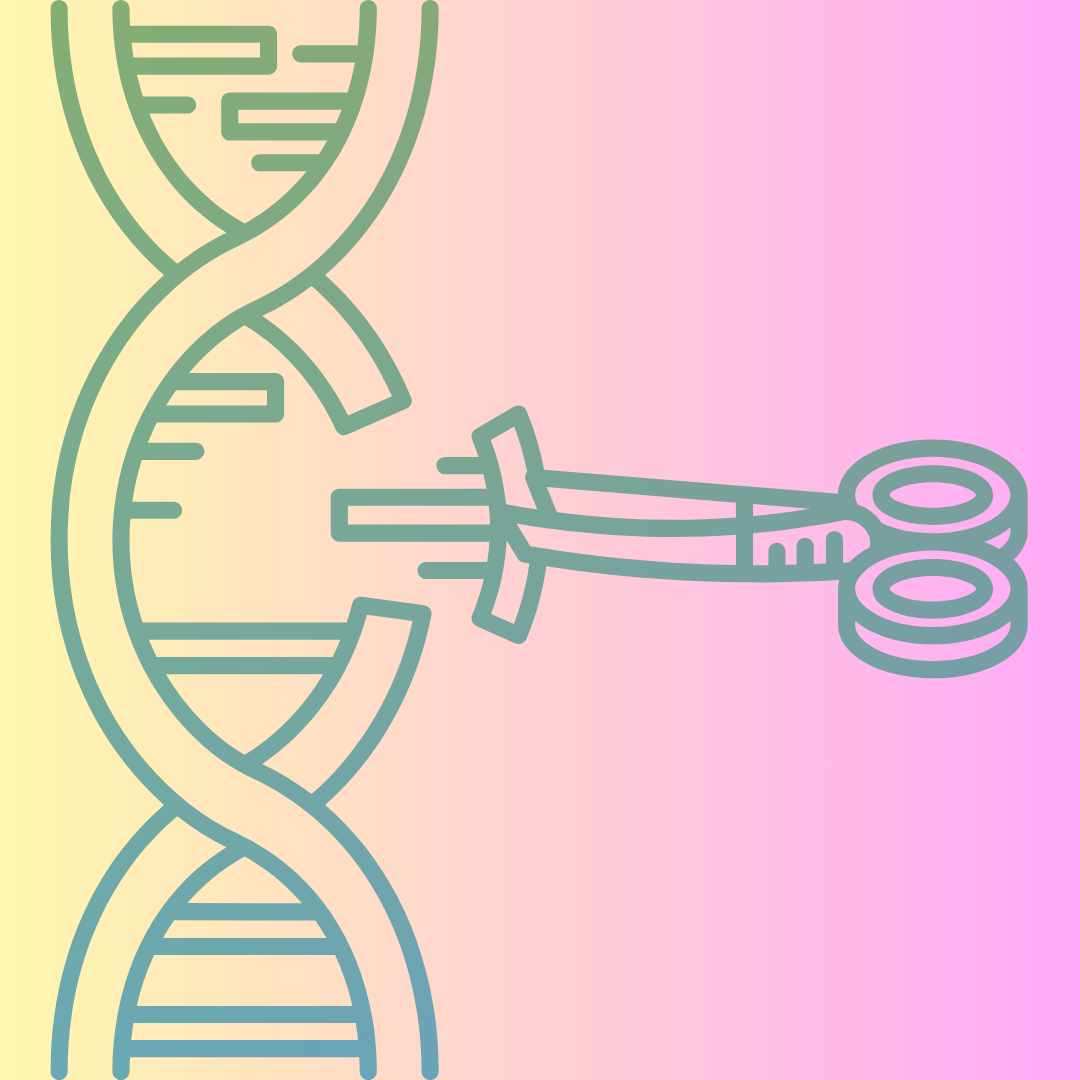The Legal and Ethical Debate on Human Heritable Genome Editing (HHGE) in South Africa
By Jantina de Vries,
EthicsLab
| 11. 15. 2024
The conversation around human heritable genome editing (HHGE) in South Africa is marked by controversy and conflicting interpretations of the law. At the center of this debate lies a team of lawyers based at a South African university, who have long championed a highly liberal stance toward reproductive technologies, including HHGE. Their assertions, however, have raised significant concerns among South Africa’s legal, ethical, and scientific communities.
Is heritable human genome editing already legal in South Africa?
This team has made the controversial claim that HHGE is already legal in South Africa – a position that has gained significant national and international outrage in recent days. As a non-lawyer, I have struggled to make sense of their argument which seems highly technical. Let me try to explain what I think they are saying.
Their argument seems to hinge on a specific interpretation of the National Health Act, which prohibits genetic modification for the purposes of reproductive cloning. They seem to argue that the term "reproductive" in the law should be read to refer to the purpose of the genetic manipulation –...
Related Articles
By Mike McIntire, The New York Times | 01.24.2026
Genetic researchers were seeking children for an ambitious, federally funded project to track brain development — a study that they told families could yield invaluable discoveries about DNA’s impact on behavior and disease.
They also promised that the children’s sensitive...
By Arthur Lazarus, MedPage Today | 01.23.2026
A growing body of contemporary research and reporting exposes how old ideas can find new life when repurposed within modern systems of medicine, technology, and public policy. Over the last decade, several trends have converged:
- The rise of polygenic scoring...
By Danny Finley, Bill of Health | 01.08.2026
The United States Food and Drug Administration (FDA) has a unique funding structure among federal scientific and health agencies. The industries it regulates fund nearly half of its budget. The agency charges companies a user fee for each application
...
By George Janes, BioNews | 01.12.2026
A heart attack patient has become the first person to be treated in a clinical trial of an experimental gene therapy, which aims to strengthen blood vessels after coronary bypass surgery.
Coronary artery bypass surgery is performed to treat...




